Stephan Schneider has worked as a marketer in the Dutch fruit and vegetable sector for a few years. This year, he started a company called CO₂ Correct. He intends to make CO₂ compensation accessible to the fruit and vegetable sector. "I'm intentionally not referring to CO₂ neutral. Every trade stream generates CO₂ emissions, regardless of how sustainable the chain is. But with this new approach, it's easy to offset these emissions. And it's surprisingly affordable."
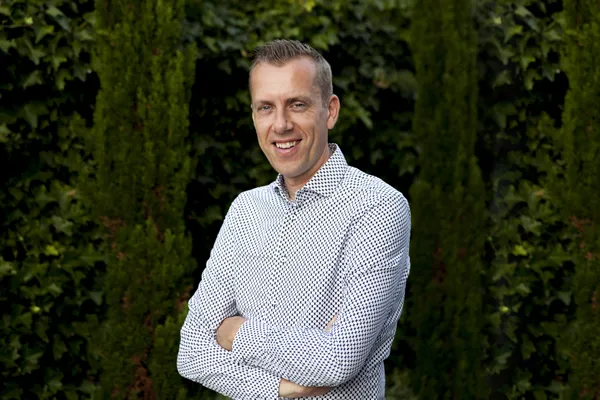
Stephan Schneider
"CO₂ compensation is a complicated process. It needs costly, complex calculations like a Life Cycle Analysis. With CO₂ Correct, we approach things differently. My partner, CE Delft, provides the calculations. We use well-known data. When things are a little uncertain, we can be sure of the CO₂ impact."
"This overcompensation means we avoid unnecessary, expensive, additional calculations. It also has an immediate impact," says Stephan enthusiastically. "All kinds of fruit and vegetables are included in these calculations. Our database contains information about more than 500 fruit and vegetable varieties."
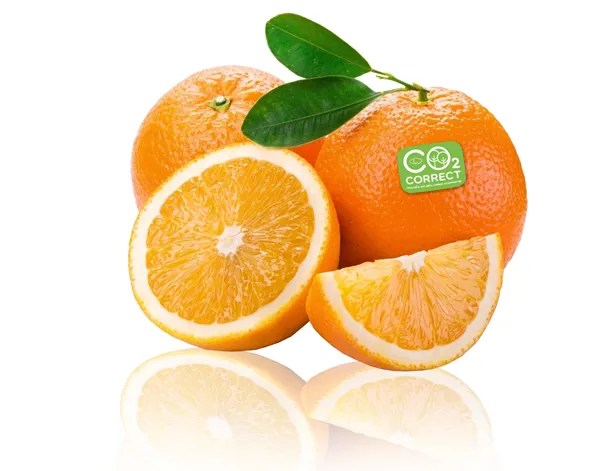
Short spreadsheet
"The process is simple. Organizations who want to tackle their carbon footprint, join CO₂ Correct. Each member completes a short spreadsheet. This contains information about the productions they want to offset. Within days, CO₂ Correct calculates the compensating footprint. It also gives an offset price per kg of fruit or vegetables. They can then sell these products as CO₂ compensated. They can use the CO₂ Correct label of their own (private) label."
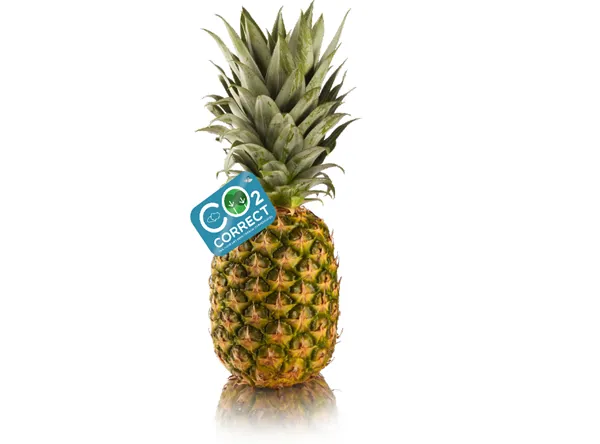
"Quarterly sales figures are shared with CO₂ Correct. The company receives an invoice for the correction of their CO₂ impact. Offsetting costs are only a few cents per kg. That depends on the country of origin and destination," explains Stephan. So, the CO₂ compensation of one kg of Argentinian pears is about €0.02ḱg. For 500g of Dutch tomatoes, it's around €0.015. And for 2kg of Spanish oranges, the CO₂ offset is just over €0.02/kg.
These calculations include several factors. These are origin, cultivation method, packaging, transportation, and distribution. "Too often, sustainability is associated with switching to environmentally-friendly packaging. But, you must consider the entire chain. The packaging is only one part of the problem. Also, many acclaimed new packaging alternatives are often not as sustainable as they first appeared."
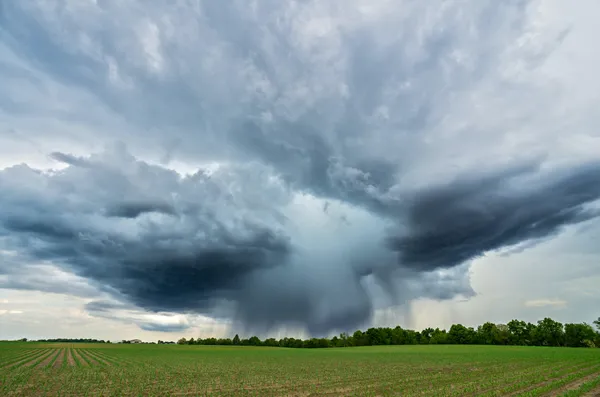
"Offsetting CO₂ shouldn't be seen as correcting past mistakes either. I expect CO₂ Correct members to adopt concrete sustainability goals in their strategic agendas. Too often, sustainability is still an empty concept. That, while the fruit and vegetable sector is obliged to actively take part in this. Global warming has hit this sector increasingly hard over the years. Droughts and excessive rainfall are occurring more often. We, as a sector, must try and limit this," adds Schneider.
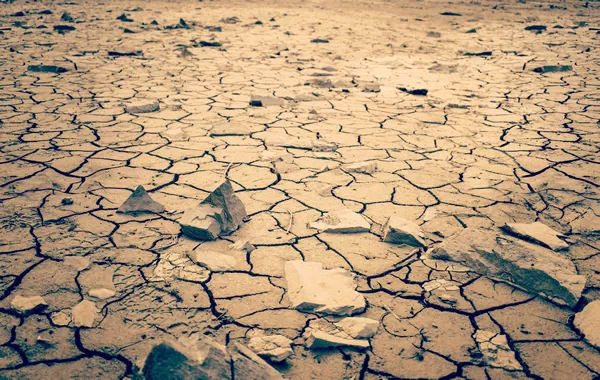
Sustainability strategy
"Retailers are increasingly asking their supplier to implement sustainability policies too. Reducing our environmental footprint is a vital step toward realizing that. Everything that affects the environment - like using raw materials - can be linked to a certain CO₂ impact. That makes CO₂ compensation an extremely effective step toward a sustainable future. Within the network, members are supported in developing a sustainability strategy. Knowledge will also be shared among the members. They can use this to reduce their ecological impact."
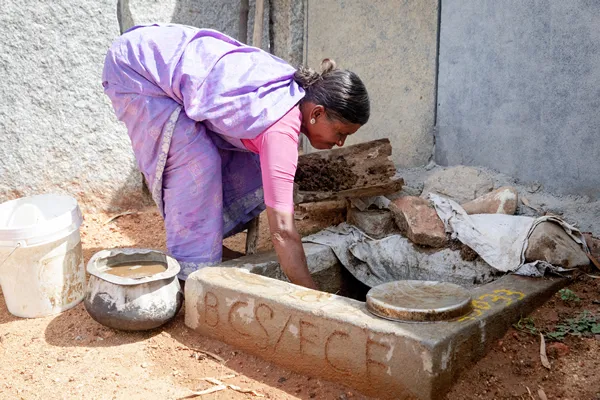
Fairtrade climate projects
"CO₂ correction is done by supporting climate projects. Our partner, the FairClimateFund, runs these. We started with a project that supplies biogas to homes in India. Families can use this to cook more safely. They no longer need to chop wood either. You can also use the gas' byproduct can also be used as agricultural fertilizer."
"As soon as we have sufficient capacity, we want to start several projects in suppliers' countries of origin," continues Stephan. "These climate projects reduce CO₂ and deforestation. They also help improve the living conditions of the people in these developing areas. The projects are Fairtrade certified and generate Gold Standard/Fairtrade Carbon Credits."
"I want to establish an accessible, open organization. It must offer complete transparency. That's for income, expenditure, and investments in additional climate projects. So, we are working closely with partners in the area of these climate projects. We also work with Life Cycle Analysis, and, of course, a reliable accounting firm. They will audit and approve our annual reports. We will publish everything on our website. An initiative like this demands complete transparency," concludes Stephan.
 For more information:
For more information:
Stephan Schneider
CO₂ Correct B.V.
5 Weesmeester Street
2645 MC, Delfgauw, NL
Mob: +31 (0) 651 348 614
Email: [email protected]
Website: www.co2correct.com
